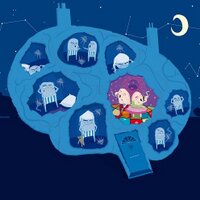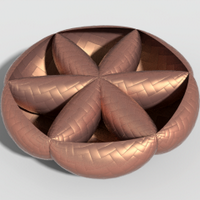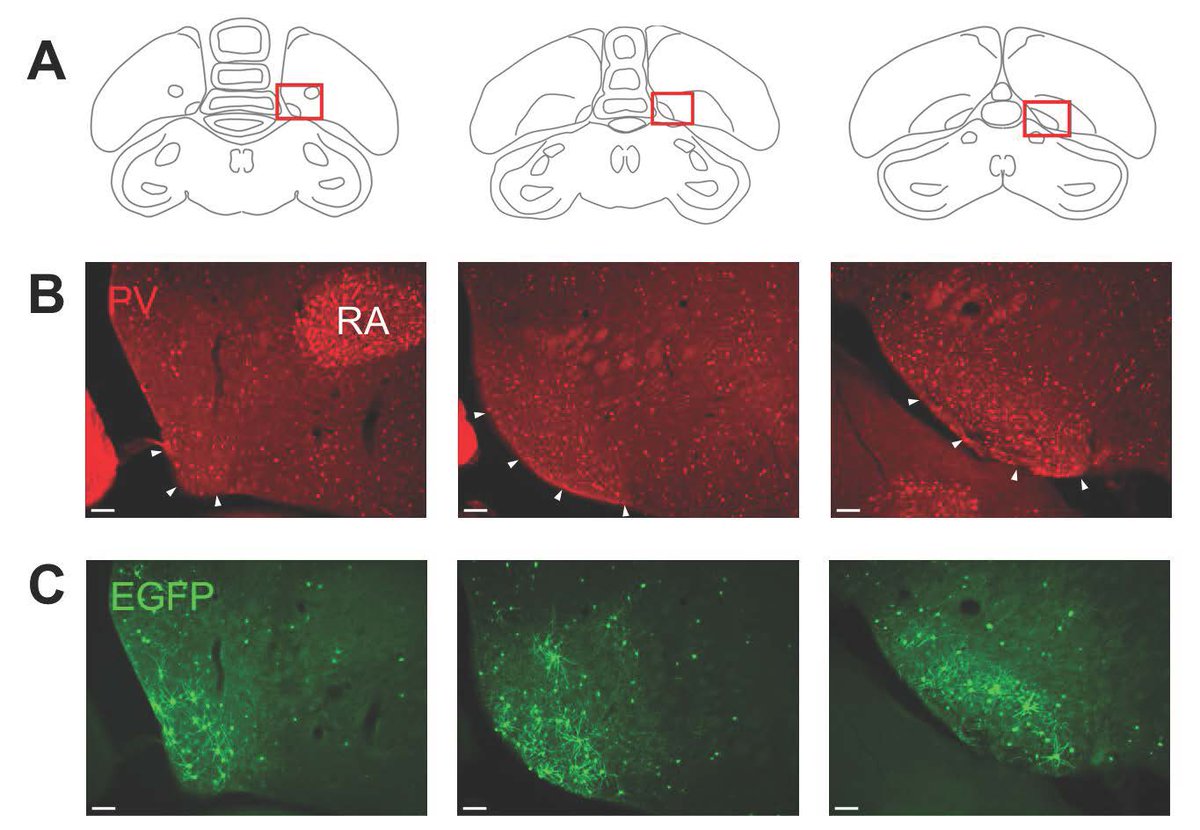
Edward Harding
@edwardcharding
Postdoctoral Neuroscientist @IMS_MRL | @FlorianMerkle lab | @Cambridge_Uni and @ClareCollege | Obesity and Neurodegeneration | Still in awe of Biology
ID: 969629358930448384
https://www.neuroscience.cam.ac.uk/directory/profile.php?ech66 02-03-2018 17:43:48
1,1K Tweet
745 Followers
1,1K Following








Douglas Yao LOL..like these tech lords are any smarter than the average Stanford PhD student. This obsession with IQ/smartness by these people is creepy. Most of them made $$ through dumb luck and timing. Why is it so hard to understand that biology is bloody complicated?!





New in #JNeurosci: Fujii and Tanaka found a link between the amygdala and how zebra finches learn their birdsongs by imitating other zebra finches. 早稲田大学 Waseda University jneurosci.org/lookup/DOI/10.…















